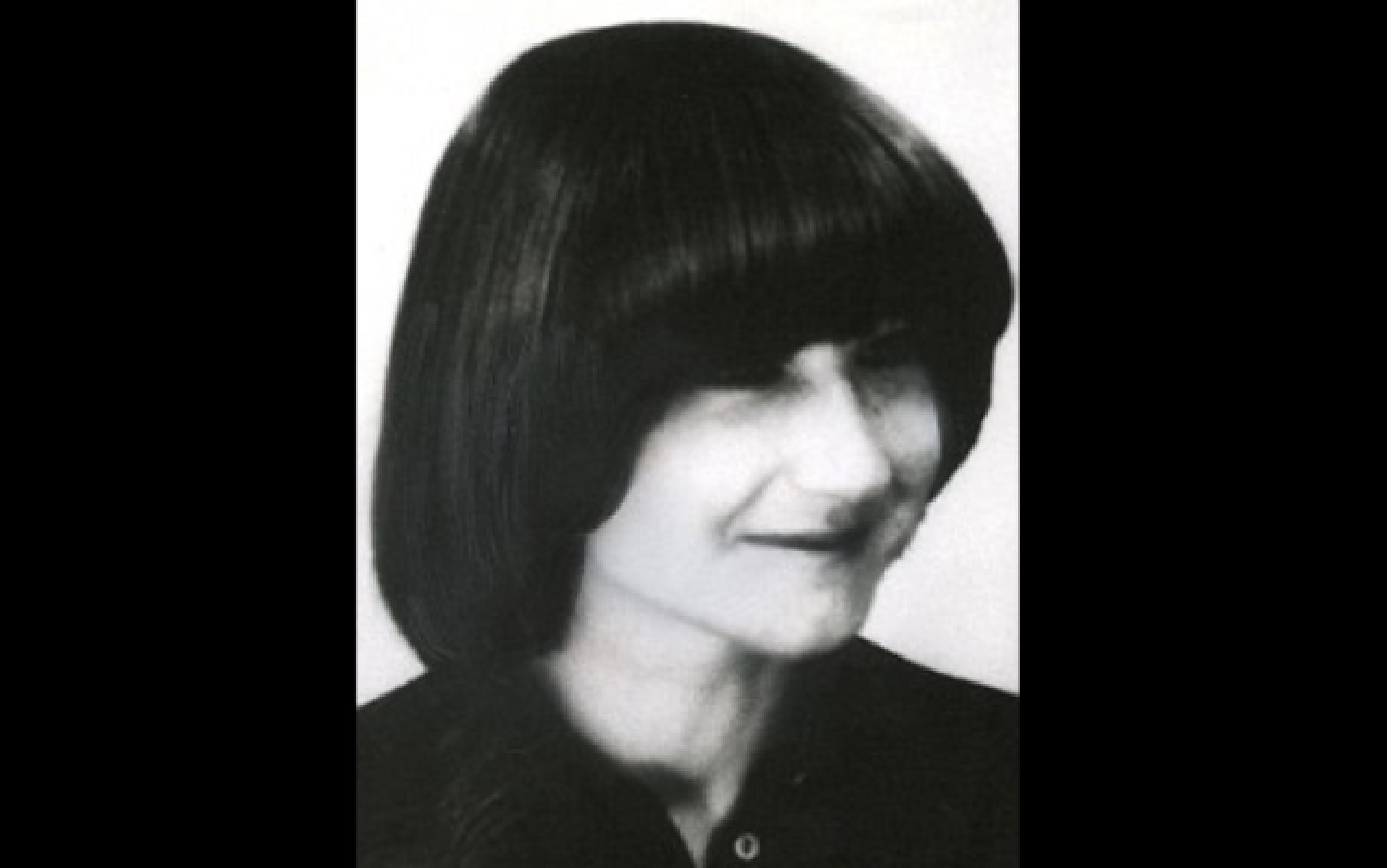In the Israeli TV show Tehran, a female Mossad agent infiltrates Iran to carry out a dangerous mission in the heart of the Islamic Republic. Though it is often said that reality is stranger than fiction, this time, fiction wasn’t that far from reality, as a new report by the Jerusalem Post claims that Mossad female agents took part in the recent Israeli operation “Rising Lion”.
According to the report, these women operatives conducted covert missions deep inside Iranian territory during the June 2025 strikes on Tehran's nuclear and ballistic missile programmes, marking a watershed moment in both Israeli intelligence operations and the evolution of female espionage.
Mossad Director David Barnea's description of their involvement as "very substantial" represents more than operational success—it signals the complete integration of women into the most dangerous echelons of Israeli intelligence work.
For decades, the world of espionage has been dominated by masculine mythology—suave gentlemen in tuxedos, high-tech gadgets, and testosterone-fuelled confrontations. Yet the Mossad stands apart in its frequent use of women in the field. From seducing nuclear whistleblowers in London to orchestrating assassinations in the heart of Beirut, female Mossad agents stand out in the landscape of modern espionage. They now occupy top spots in the Mossad and play a key role in shaping its policy.
Necessity beckons
The genesis of Israel’s approach towards female roles in security emerged from harsh operational realities rather than progressive ideology. Before the creation of the state of Israel, women were allowed into combatant roles within the Haganah (Jewish militias) and even constituted a significant portion of the Palmach forces (the Haganah’s elite units. This set a precedent for the recruitment of women in a number of roles, though the early days of the Mossad remained fairly chauvinistic.
Another reason for an initial reluctance to use women outside staffing positions was the fear that they could be tortured—one fuelled by an initial incident, which involved the capture of a network of Israeli agents operating in Egypt in 1954. Marcelle Ninio—a Jew born in Cairo who was recruited for the operation—was among those arrested. She was interrogated under torture and attempted suicide. After several months of recovery in the hospital, she was tried and sentenced to 15 years in prison.
Marcelle Ninio, who was imprisoned for her role in an Israeli spy operation in 1954 that planted bombs at British and American civilian sites in Egypt in a bungled attempt to persuade Britain to keep its troops stationed at the Suez Canal, has died https://t.co/gKdVHPOjgj
— New York Times World (@nytimesworld) November 8, 2019
Still, the Israeli “Institute” would continue to deploy female agents even at the onset of its history, including during one of the first operations that made it known beyond Israel’s borders: the capture of Adolf Eichmann. Isser Harel, the then Mossad chief, made the unusual decision to include a woman in the covert 1960 operation to capture Nazi war criminal Adolf Eichmann in Argentina and bring him to trial in Israel.
Agent Yehudit Nesyahu was selected for this critical mission. The Mossad team guarding the kidnapped Eichmann at a safe house had been informed that a woman would be joining them. Expecting a glamorous, spy-like figure—a cliched “femme fatale”—they were instead met by a religious woman, wearing a white turban and thick, gold-rimmed glasses.
This cliche of “seduction” being the sole weapons of woman agent continues to irritate some former female members of the service, with a former agent interviewed in Israeli media stating “In the James Bond movies, everyone is beautiful and glamorous from head to toe, but with us, the beauty is actually that we are inconspicuous people and able to blend into the landscape”.
This is not to say that seduction cannot be a weapon, as illustrated in the capture of Mordechai Vanunu, an Israeli nuclear technician who had revealed details of Israel’s nuclear programme to the British press in 1986. Cheryl Bentov, operating under the cover name "Cindy," successfully lured the Israeli nuclear technician from London to Rome, where he was captured and brought back to Israel. The operation's success relied not on crude seduction, but on sophisticated psychological manipulation and skilled tradecraft.
Bentov—a trained Mossad operative—posed as an American tourist and established what appeared to be a genuine romantic relationship with Vanunu. The key to the operation's success lay in allowing Vanunu to initiate the relationship, as he later recalled: "I started talking to her. If she had approached me, I would have been suspicious". This sophisticated understanding of human psychology—allowing the target to feel in control while being expertly manipulated—represents the pinnacle of intelligence tradecraft. Seduction could be a weapon, but would not be the only one, as women also rose through the ranks of the Mossad.
Aliza Magen , MOSSAD (SPECIAL - UNIT) n°2 & david Barnea n°1 pic.twitter.com/yAfmQ106fj
— zenon de kition (@DeKition) January 6, 2022
Aliza Magen, who passed away in 2025 at age 88, exemplified this evolution. Serving from 1958 to 1999, she became the first and only woman to serve as deputy director, breaking the glass ceiling in one of the world's most secretive and (at the time) male-dominated institutions. Throughout her four-decade career, Magen participated in hundreds of covert operations, including Operation Damocles against German scientists building missiles for Egypt, Operation Diamond recruiting an Iraqi pilot, and Operation Wrath of God following the Munich massacre.
The transformation of women's roles in the Mossad has accelerated dramatically in recent decades. In 2022, the organisation achieved a historic milestone when two women were simultaneously appointed to the highest operational positions: 'A' became the first female head of the Intelligence Directorate (equivalent to the head of military intelligence), while 'K' was appointed head of the Iran Division—one of the Mossad's most critical operational units.
Distinctive edge
What makes women particularly effective as intelligence operatives? In a BBC interview, former Mossad director Tamir Pardo highlighted that female agents possess distinctive advantages that make them superior in many aspects of covert work. "Women have a distinct advantage in secret warfare because of their ability to multitask and suppress their ego in order to attain goals," Pardo explained.
"Contrary to stereotypes, you see that women's abilities are superior to men in terms of understanding the territory, reading situations, spatial awareness. When they're good, they're very good". Prado also said in an interview with the Israeli press that “Women are responsible for some of the organisation's biggest operations.”
Female Mossad operatives possess distinct advantages that their male counterparts often cannot replicate. "In a threat-rich environment, women are perceived as less threatening. This is a huge advantage," explained a former Mossad division chief to Israeli newspaper Ynet.

The 1979 assassination of Ali Hassan Salameh, architect of the Munich Olympics massacre, demonstrates this principle in action. Erika Chambers, the British volunteer living in Beirut, spent months establishing her cover as an aid worker and amateur painter. Her daily routine of feeding stray cats and painting on her apartment balcony created the perfect surveillance position.
When the moment came, she calmly activated a remote detonator from her balcony, eliminating one of Israel's most wanted terrorists with 100 kilogrammes of explosives. No male operative could have maintained such a benign presence for months without arousing suspicion
Michele Rigby Assad, a former CIA operative, articulates this advantage in an interview: "In the CIA, smart women tap into the misplaced assumptions of the adversary by using the element of surprise. It's almost like playing poker. When a criminal, terrorist, or potential business partner does not expect a woman to be his equal, you—the woman—hold all the cards".
But it wasn't the first time female agents took a leading role in Israel’s operations inside Iran. In 2018, two Israeli journalists revealed that female agents participated in a daring operation to seize the Islamic Republic’s “nuclear archive” (a trove of documents about Iran’s secret weapons programme).












